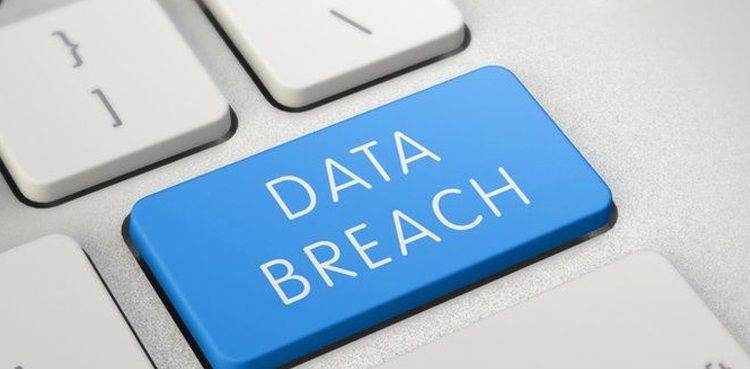
When a data breach takes place criminals steal sensitive, personal information which can lead to identity and financial theft.
If your information has been compromised due to a data breach, you should receive notification from the business that was involved. If you receive this type of notice, first be sure it is legitimate. Scammers can trick people into providing personal information in many ways, and a fake data breach notification is one way. Contact the company directly at a number you know to be true to confirm the breach. Then you should take immediate action to protect yourself.
Find Out What Information Was Stolen
Contact all organizations whose information was stolen. Notify all financial institutions you do business with, log in and monitor your bank and credit card statements for any suspicious activity. It can take time for fraudulent activity to show up, so stay vigilant. Cancel credit cards and debit cards and get new ones. If you have automatic payments set up, update them with your new card number.
Contact the DMV to report the breach. The state might flag your license number in case someone else tries to use it, or they might suggest that you apply for a duplicate.
Others you should notify include investment and retirement firms, The Social Security Administration, medical care facilities and your doctor’s office and your insurance companies. Each can direct you to their fraud department for guidance on securing your information.
Freeze Your Credit
One of the most important steps you can take to protect yourself from identity theft is to freeze your credit.
Create an account at Equifax, Experian, and TransUnion and activate a credit freeze. It takes just a few minutes, and you can temporarily unfreeze it if you need to apply for credit later. This prevents criminals from opening accounts in your name. You can also place a fraud alert on your credit, a fraud alert notifies creditors and lenders that someone may be trying to apply for credit fraudulently in your name.
You are entitled to a free annual credit report from each of the three major credit bureaus. Go to https://www.annualcreditreport.com to get your reports. Review your reports from all three because sometimes fraudulent activity shows up on one report and not another. If you find anything suspicious, notify the credit bureaus.
Change Passwords
Change passwords and security questions and answers for all vulnerable accounts. Choose a strong, secure, unique password for each website you use. Also password protect your computers, tablets, smart phones, and other devices. Use a password manager to save your information.
Use Multi-Factor Authentication
Multi-Factor authentication requires you to provide 2 or more forms of authentication before accessing your account. When given this option, use it.
File Your Taxes Early
File your taxes before a scammer can. Tax identity theft happens when someone uses your Social Security number to get a tax refund or a job. Respond without delay to letters from the IRS.
Beware of Phishing, Smishing, Vishing, & Other Scams
Criminals use a number of different tactics to steal consumers’ personal data. They use fake emails, websites, phone calls, social media and text messages, some scammers will even contact you in person. Their goal is to trick people into providing sensitive, personal information that can be used to steal your money and identity. Stay vigilant in protecting yourself.
Monitor Financial Accounts & Set Up Account Alerts
Review monthly statements for all bank, credit card and other financial accounts so that you spot anything unusual, you can also log in online to keep an eye on these accounts. Set up account alerts for all of these institutions as well, the alerts can notify you when transactions or anything unusual takes place.
Clean Up Online Data & Be Careful What You Share
Many people share far too much information on social media and criminals know this. They scan social media sites and harvest information from them, using that information they can build a detailed personal record on you. Limit what you share and secure your accounts.
Close any online accounts that you don’t need. Trimming down your online presence can eliminate open doors to hacking.
Back Up Your Data
Setup regular, automatic backups on your computers and other devices. If your devices are compromised, you are at risk of losing critical information. The backups should be stored in two separate physical locations.
Stay Informed
Most large breaches are published. The Department of Health and Human Services provides a list of data breaches that involve health care organizations, https://www.hhs.gov/hipaa/for-professionals/breach-notification/breach-reporting/index.html